How Not to End Mass Starvation
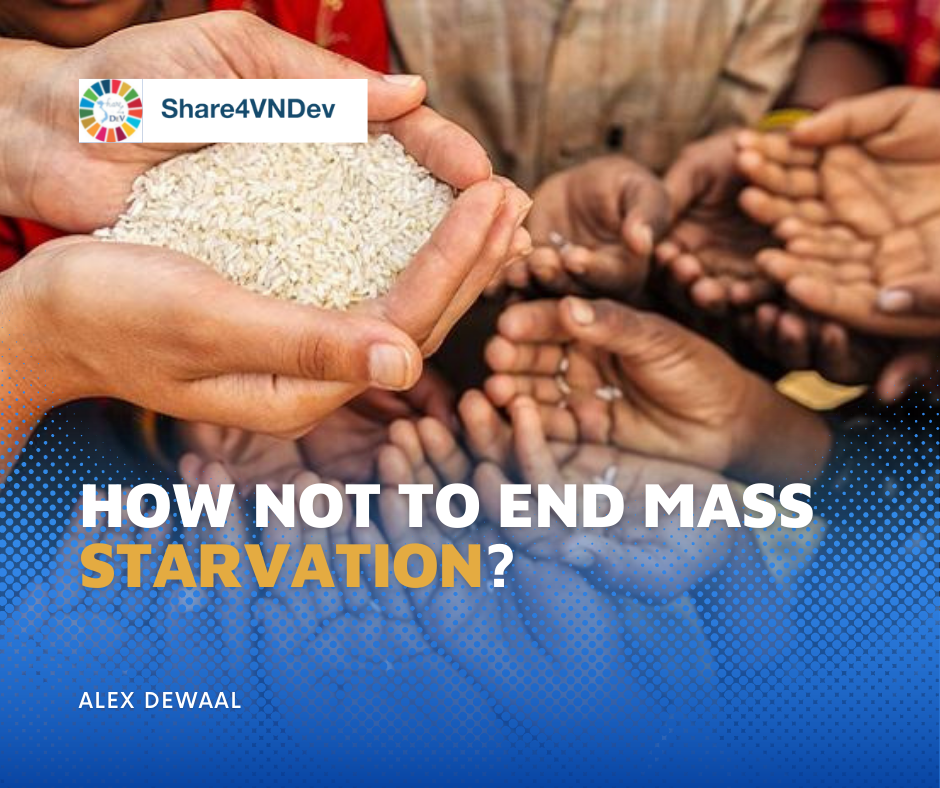
How Not to End Mass Starvation by ALEX DEWAAL The United Nations has announced a plan to alleviate world hunger and prevent famine. If the steps are implemented they may ease global food prices. But they won’t stop today’s famines, most of which are deliberately inflicted in the course of war. Addressing man-made starvation needs political […]
Fiscal Decentralization and Gender Equality in Developing Economies: Dynamics of Income Groups in Economies and Corruption
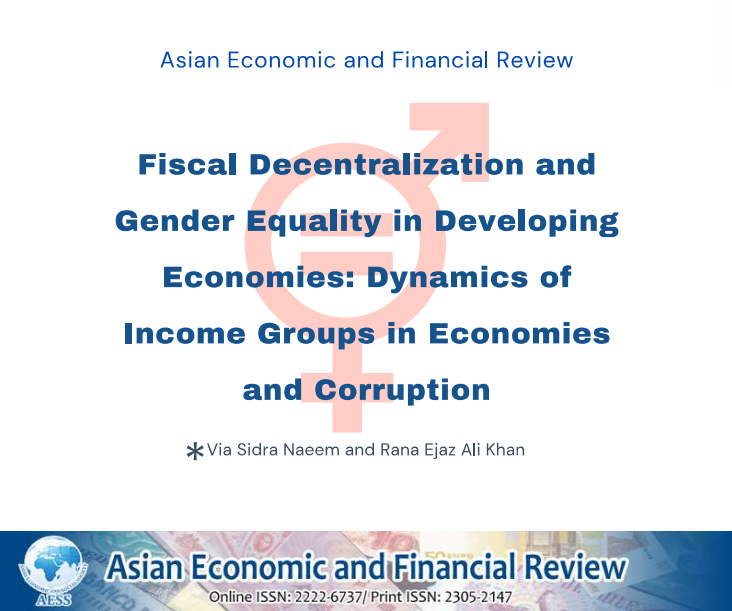
Fiscal Decentralization and Gender Equality in Developing Economies: Dynamics of Income Groups in Economies and Corruption A large number of studies on fiscal decentralization have supported the claim that decentralized governments have a greater capacity to approach local preferences and have greater potential for public service delivery, which demonstrates a favorable status of socioeconomic indicators. […]
Exploring Effects of Perceived Justice and Motivation on Satisfaction in Higher Education
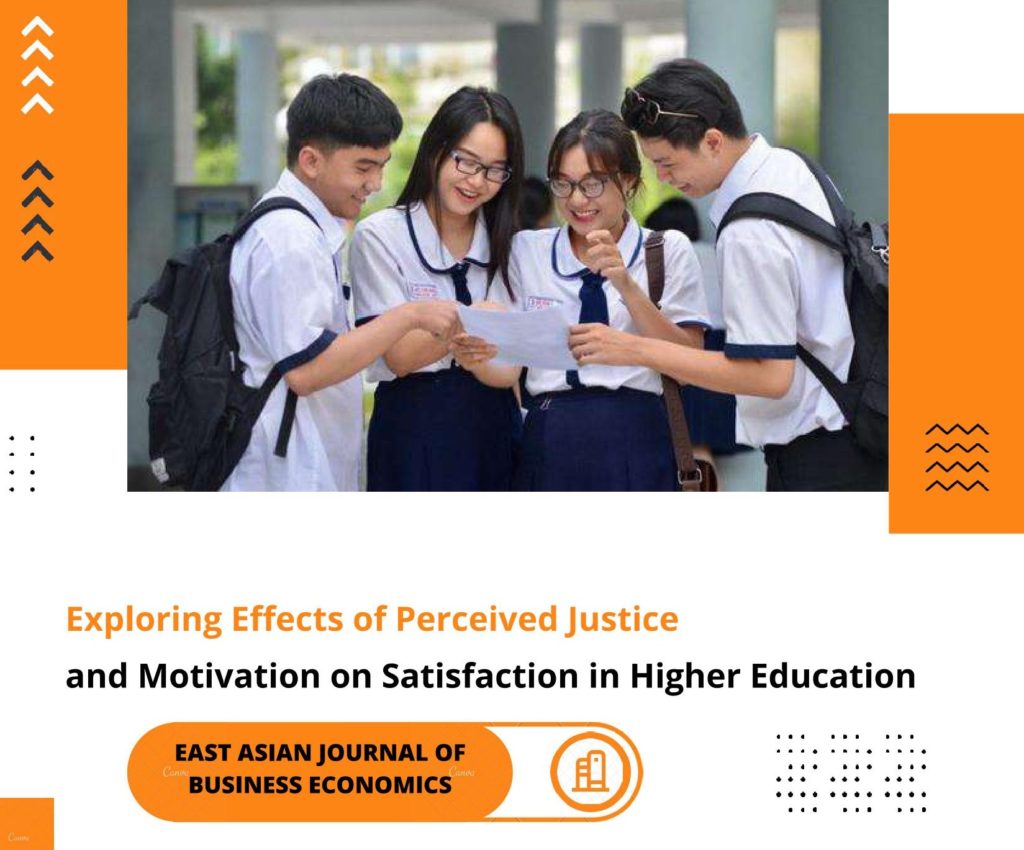
Exploring Effects of Perceived Justice and Motivation on Satisfaction in Higher Education For many Vietnamese students, the national high school graduation examination is one of the most important exams in their lives, transitioning from high school to tertiary education. Considering that the national examination is exceptionally important for admission of higher education, failure of management […]
Characteristics of the Vietnamese Rural Economy
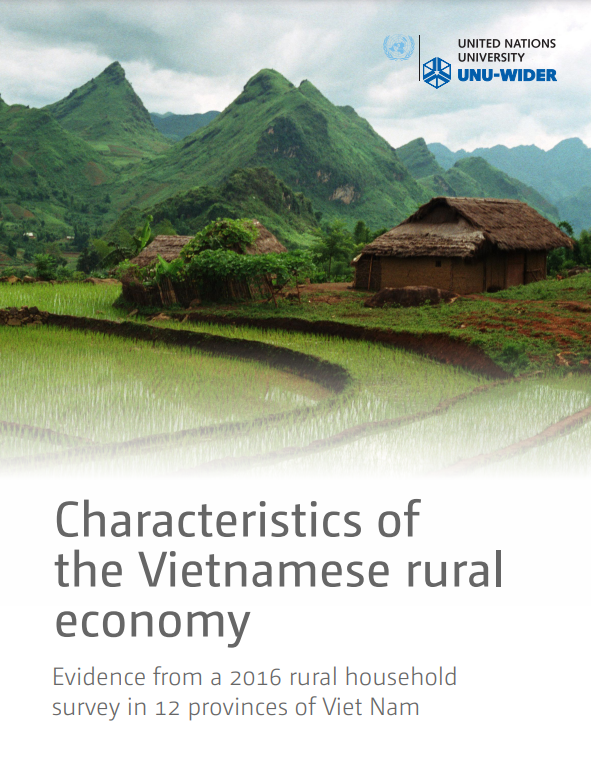
Characteristics of the Vietnamese rural economy – Evidence from a 2016 rural household survey in 12 provinces of Viet Nam Following the successful implementation of the Doi Moi reform programme, Viet Nam has experienced outstanding economic progress, for example in aggregate output and poverty reduction. For many years, Viet Nam developed much faster than the […]
An Exploratory Study on Academic Staff Perception Towards Blended Learning in Higher Education

An Exploratory Study on Academic Staff Perception Towards Blended Learning in Higher Education As the years progresses, higher education has move towards implementing Blended Learning (BL) which is a combination of face-to-face and online mode of teaching and learning which have continued to advance in institutions all over the world. Accordingly, it is important to […]
Learning from a Pandemic. The Impact of COVID-19 on Education Around the World
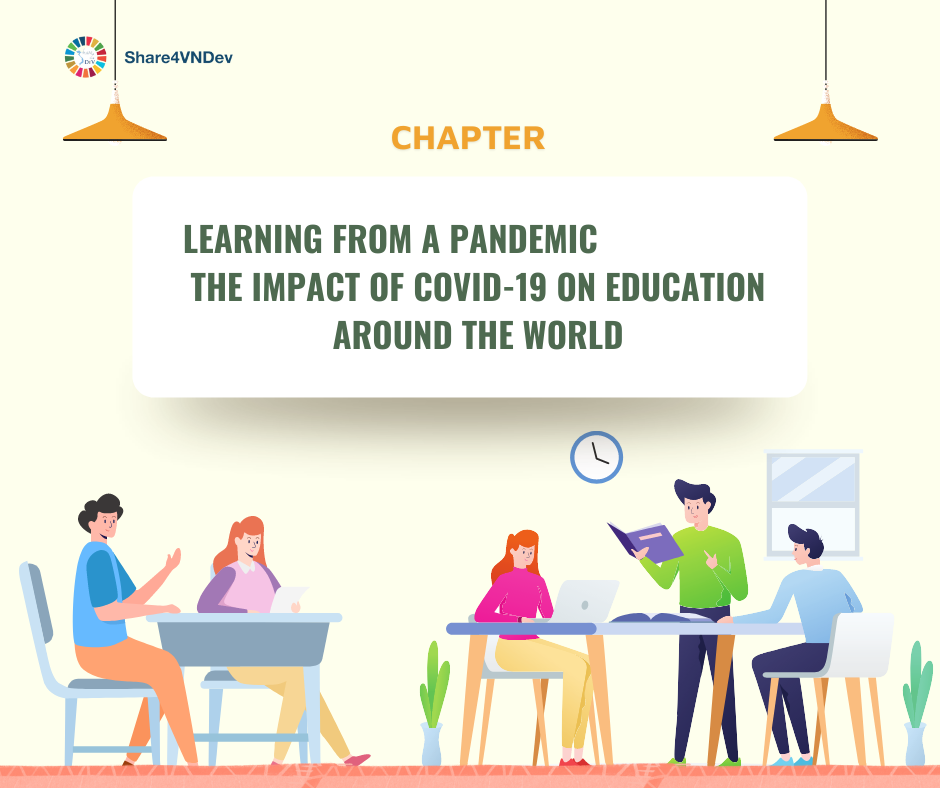
This introductory chapter sets the stage for the book, explaining the goals, methods, and significance of the comparative study. The chapter situates the theoretical significance of the study with respect to research on education and inequality and argues that the rare, rapid, and massive change in the social context of schools caused by the pandemic […]
Making Every Woman and Girl Count: 2017 annual report: Planning phase
The 2017 annual report of the flagship programme initiative, Making Every Woman and Girl Count (MEWGC), provides an overview of the key achievements during the reporting period, including a review of activities and progress in implementing the MEWGC programme at the global, regional, and national levels. It also contains an update on resource mobilization and […]
The cycle of commodification: migrant labour, welfare, and the market in global China and Vietnam

China and Vietnam have experienced waves of labour and welfare reform since both countries shifted to market socialism, pursuing a development model that depends on the labour of millions of rural–urban migrants in global factories. Their similar development trajectories are productive for theorizing the relationship between labour and welfare. This article conceptualises the two countries’ […]
Poverty: A central barrier to the implementation of the UN Sustainable Development Goals
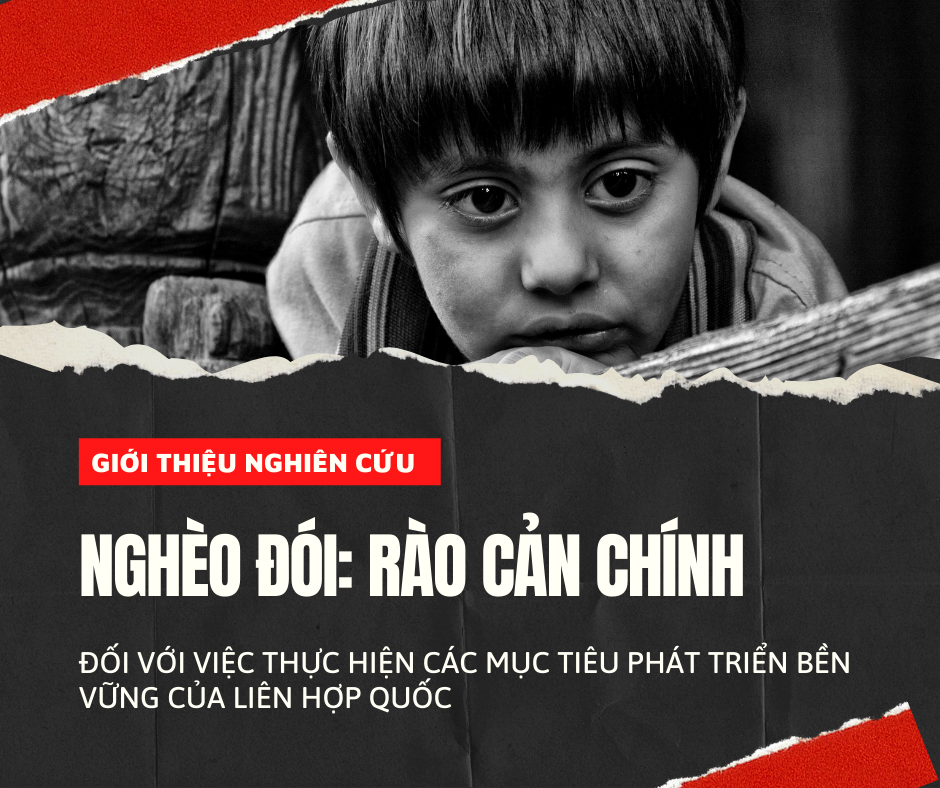
Poverty is one of the central elements in the transformative promise of the 2030 Agenda: leave no one behind. Ending poverty in all forms and everywhere is the first Sustainable Development Goal (SDG) and much can be discussed about its impact on several other sustainability elements. In this context, this paper explores the role of […]
The benefits and challenges of using systematic reviews in international development research
The benefits and challenges of using systematic reviews in international development research Although first applied in the medical sciences in the 1970s, systematic reviews have been recently, and increasingly, used in the field of international development to examine the impacts of a range of development and humanitarian interventions. However, to date, there has been only […]
Property rights

Property rights refer to the exclusive rule regarding a property which secures the owners will using a property. It describes a clear boundary that the owner has on each property, provides permission on creating exclusive profit using their property, and offers the property transfer process acknowledged by others. Therefore, it defines ownership over the property […]
Development as Freedom: What is Development?
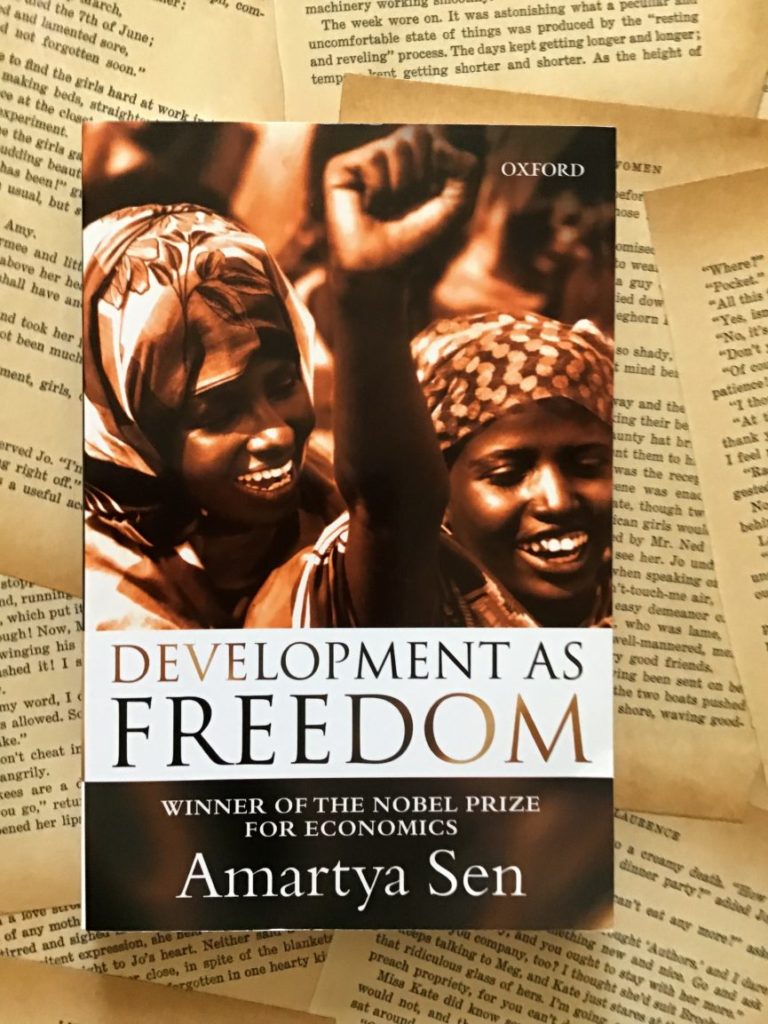
According to Sen (1999), development should be defined as a process of enhancing individuals’ freedoms instead of emphasizing economic gains or technological advances. He argues that increasing personal incomes or promoting advanced technologies in a country must be related to improving the standard of living for all citizens. In other words, wealth is important only […]
What is the resource curse?

Despite the fact that many countries have abundant natural resources such as minerals or fuels, poverty and inequality remain burning issues in these countries. The “resource curse” relates to the paradox that nations with abundant natural endowments seem to perform less well economically than countries with limited natural resources. In other words, resource-based economies tend to fall into the poverty trap if natural […]
Is foreign aid good for poor countries?
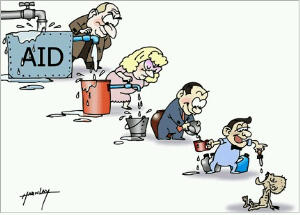
The United Nations recommends that developed countries should spend 0.7% of their gross national product on supporting less-developed countries to improve well-being and institutional development (Roodman, 2004). Accordingly, foreign aid has been considered as one of the most important policy tools of rich countries with regards to poor countries (Qian, 2015). In recipient economies such […]
The 17 United Nations’ sustainable development goals: a status by 2020
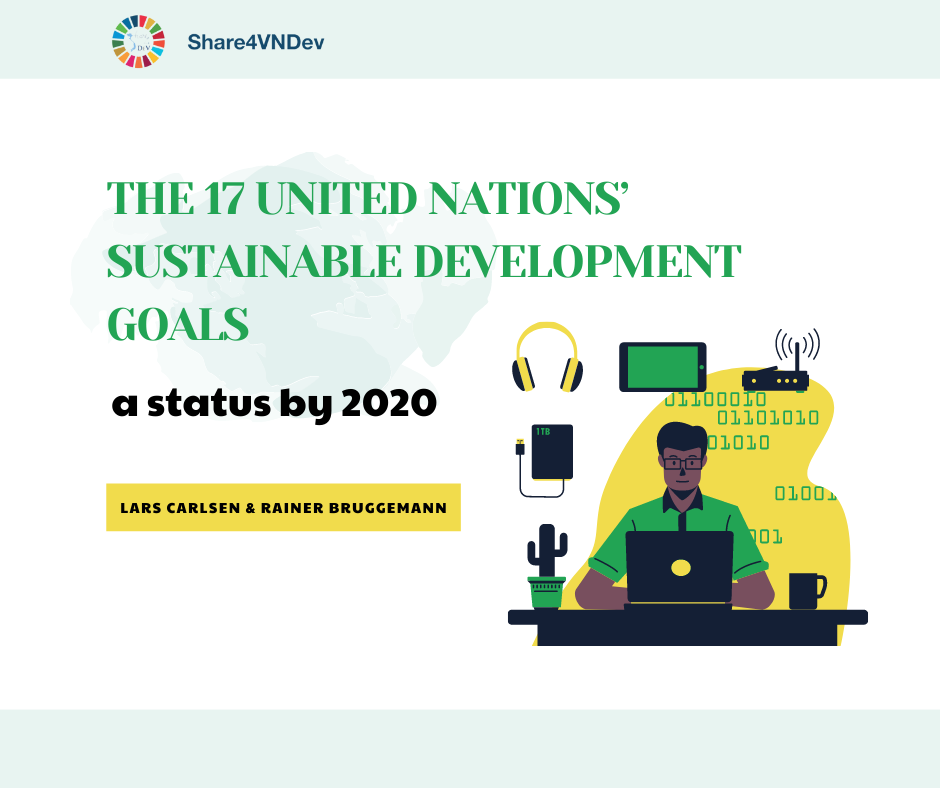
The 17 United Nations’ sustainable development goals: a status by 2020 The United Nations’ 17 sustainable development goals (SDGs) were adopted in 2015. Following a 2020 status report of the status and development for 102 countries, for which data for all 17 SDGs for the years 2010, 2015 and 2019 were studied. The analyses were […]

